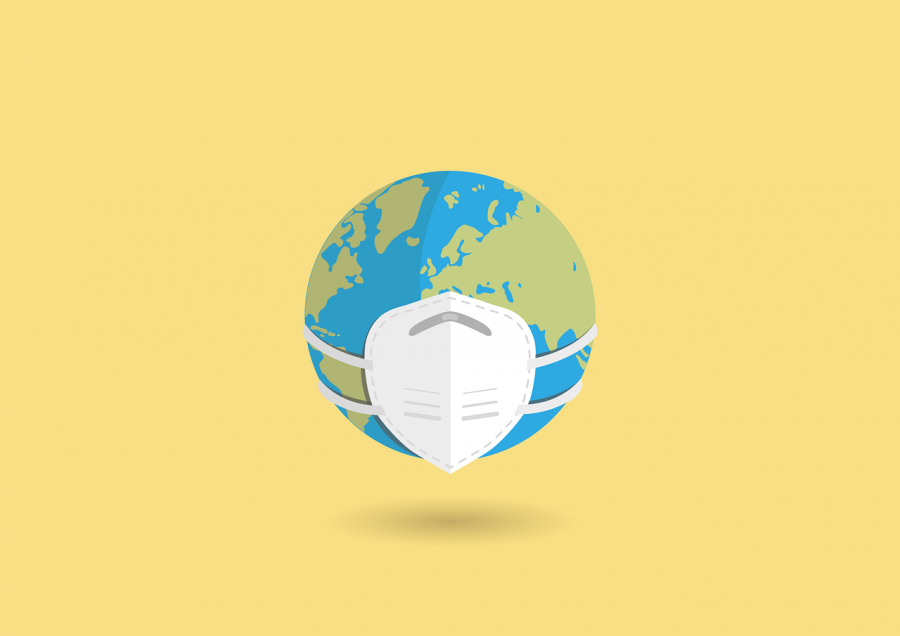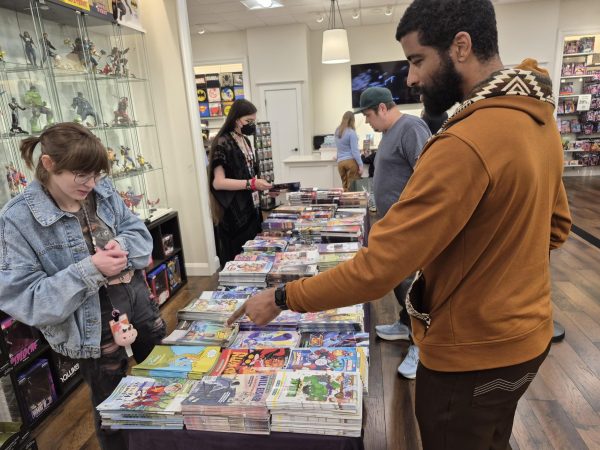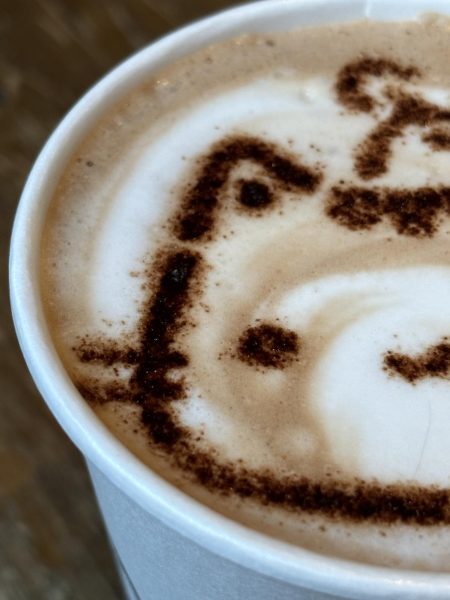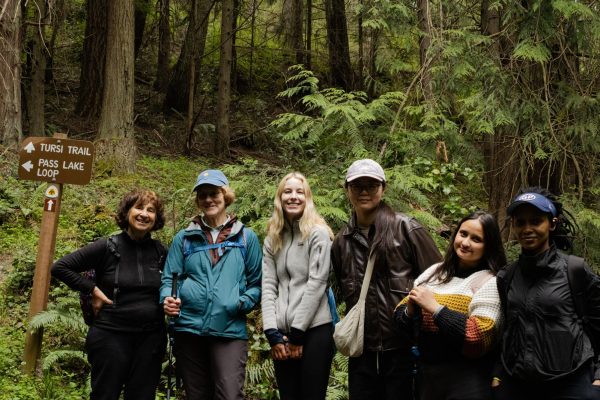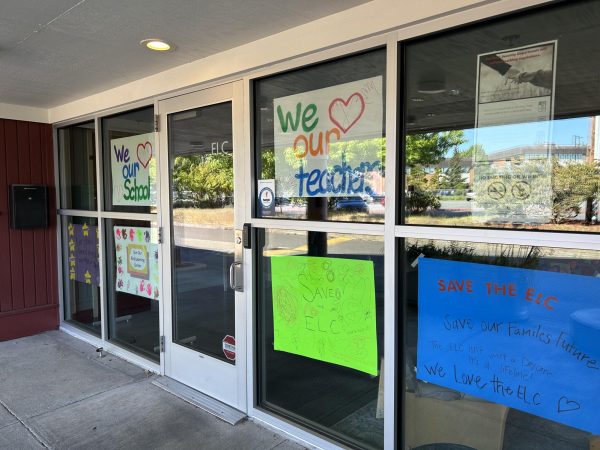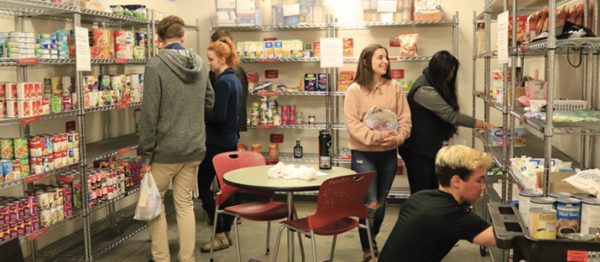A Year Later: Grasping for Truth About COVID-19
At this point, understanding the COVID-19 pandemic may feel more difficult than qualifying for vaccination. With hovering promises of enough vaccines for all adults by the end of May, the temptation to leave it all in the past could be strong. The reality, however, is that learning the truth about this pandemic is the key to a healthier, safer future.
Mikayla Finnerty, an EvCC Running Start student, has spent the past year balancing her studies with staying informed on COVID-19 and learning about disease throughout history. “I didn’t even know there were pandemics,” she says.
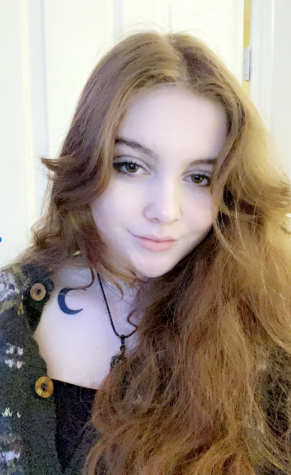
Finnerty also became interested in politics after watching former President Trump respond to COVID-19. She found herself asking: “Why weren’t we prepared?”
She saw reports that the Obama administration made a pandemic plan, but Trump had tossed it to the wayside. She learned that scientists had predicted a pandemic like this for years. No one seemed to know where the virus came from; one source would say it was contaminated bat meat from a wet market, while another claimed a lab in Wuhan released it as biowarfare.
“If that were true, I would think China was trying to crumble our government and democracy knowing that we weren’t prepared,” Finnerty says.
Where Did the Virus Originate?
The lab in question, the Wuhan Institute of Virology, is where Shi Zhengli spent the past 16 years studying coronavirus in bats. Bats have been a natural reservoir of the virus for what could be millions of years, and host the largest variety of coronavirus strains of any animal.
Zhengli and her team had warned of a coronavirus pandemic since discovering the virus in bats after the SARS outbreak in 2002. Though the strain she studied differed from COVID-19 by 20 years of evolution, they had 96 percent genome similarity. In an interview with Scientific American, she said she questioned whether her lab was accidentally responsible; she never expected Wuhan to be ground zero for an outbreak since the virus was typically found in the southern tropics.
Just eight miles away, animals at the Huanan Seafood Wholesale Market appeared to be the source of contamination. Known hosts of disease like bats, pangolins and civets were sold, and two-thirds of early cases had been contact-traced to the market. This was enough for Gao Fu, director-general of China’s CDC, to give a briefing that COVID-19 originated in the animals at the market.
But with one-third of those first cases having no contact with the market, the true origins of the COVID-19 outbreak remain unknown. It’s possible that a person already infected with the virus carried it to the busy market where it spread.
Despite Zhengli’s team working around the clock to identify the source of the virus, the lab was the target of suspicion. With reports that the Chinese government suppressed information about the outbreak, credibility was questioned. Former President Trump accused the lab of releasing the virus.

Although southern China is a hotbed for emerging disease, EvCC science instructor Marian Zappala says,
“disease is not just a problem of other countries.” With air travel and overpopulation forcing people into closer contact with animals worldwide, outbreaks could happen anywhere.
“The U.S. has been blessed with a lot of land compared to China. We need to focus on helping everyone, not who is to blame.”
Misinformation Goes Viral
A study by the Pew Research Center revealed that 80 percent of Americans don’t trust information that comes from the Chinese government regarding COVID-19. The Research Center also found that Americans who rely on social media for news are more likely to be exposed to unproven claims and conspiracies.
COVID-19 conspiracies have permeated the internet over the past year, from 5g mind-control to bleach treatments. “America’s Frontline Doctors” falsely presented hydroxychloroquine as a cure in a viral video. The most downloaded preprint of all time is a flawed study linking the COVID-19 genome to HIV.
Over 30 COVID-19 studies have been retracted. Not only are scientific papers of varying credibility available online, scientists themselves can interact directly with the public through social media. Many scientists are overwhelmed at the task of COVID-19 research in light of the speed information travels online.
Before COVID-19, EvCC global studies instructor Carson Tavenner hosted a scenario board game in his class called Pandemic. Students with individually assigned expertise – such as scientists – worked together to control rapidly spreading disease. “They spent their first two turns trying to figure out what they were doing,” he says.
Tavenner recognizes the COVID-19 pandemic has been an enormous strain on leaders, scientists and healthcare professionals around the world. The pressure they face to give answers to the public to satiate a 24-hour news cycle is part of why misinformation is so prevalent.
“Technology has made it easier than ever to communicate, but we need to have time to collect information and learn. Leaders need to hold off on making decisions and sharing information,” he says.
Moving Forward
The U.S. continues to report the most COVID-19 cases and deaths of all other countries. Tavenner, who specializes in America-China relations, believes that we have failed to learn from China’s collectivist culture which enabled them to bring COVID-19 cases down rapidly. In the U.S., a challenge to controlling COVID-19 is the value we place on individuality and free speech, even when actions are harmful and information is false.
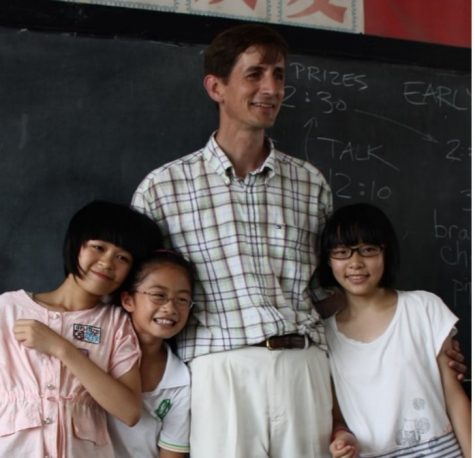
“We need to take a hard look at whether American society should begin to swing the pendulum from ‘What
about me?’ to ‘What responsibility do I have as a citizen?’” Tavenner says. “To making our communities stronger, even if that means we don’t get what we want.”
Finnerty says, “This pandemic was a big sign…people are brainwashed into believing that their personal freedoms are more important than the greater good.”
For the U.S., the COVID-19 pandemic has been a mirror revealing who we are as a country. What many Americans believe seems to say more about perception than truth. Unlike China, our leaders reflect ourselves, and 2020 was a year many of us questioned that identity. And when it comes to fighting a pandemic, we still have a lot to learn.
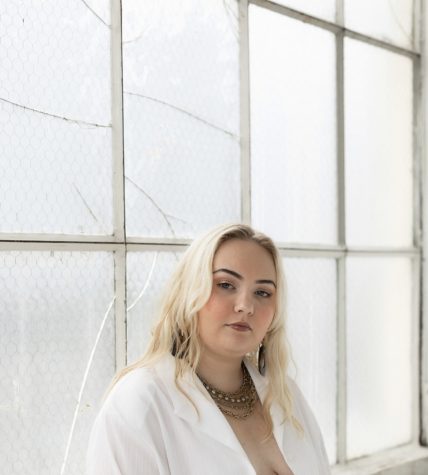
What interests you about journalism?
I think true journalism seems to be one of the only things keeping our society functioning and moving in a positive...

